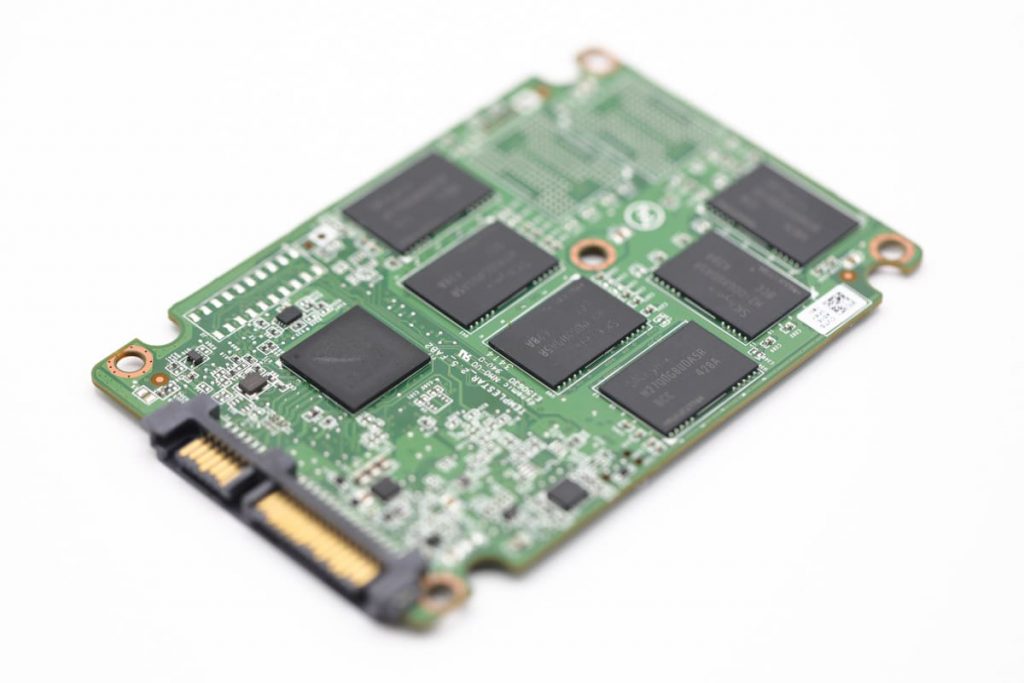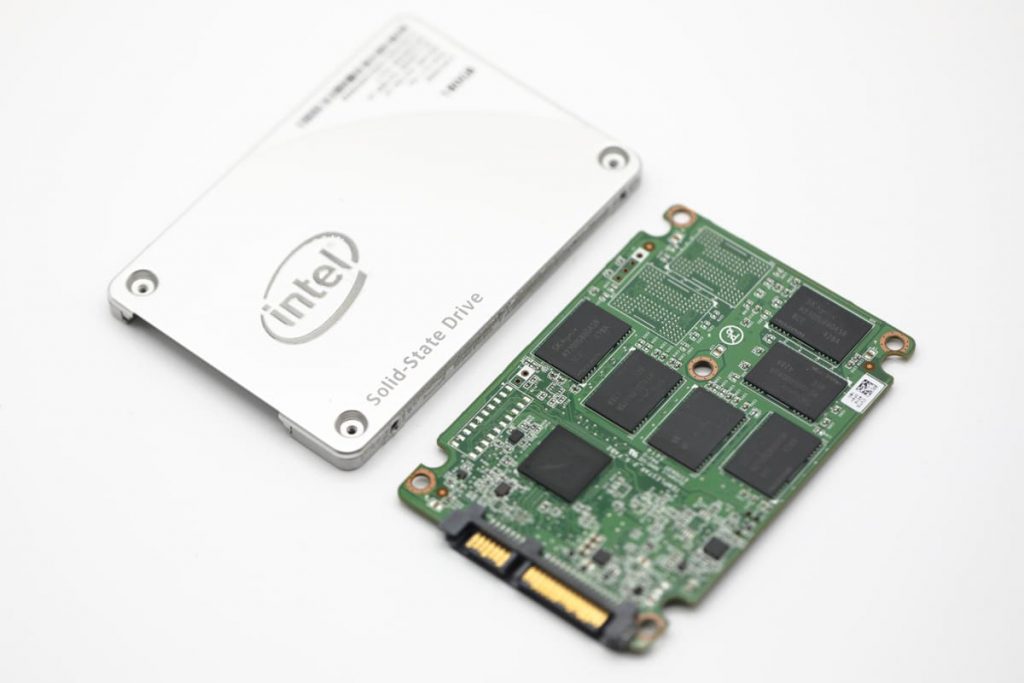“How to Tell if SSD is Failing” is a crucial question many computer users grapple with. Solid State Drives have largely replaced traditional hard drives due to their speed and silence, but like any component, they are not immune to failure. Recognizing the signs of a failing SSD can save you from unexpected data loss and allow you to take timely action.
In this blog, we’ll explore the warning signs to watch out for and discuss the steps you can take to determine if your SSD is indeed failing.
Do SSD Drives Fail?
The short answer is yes, SSD drives can fail. Although they are more reliable than traditional hard drives due to their lack of movable parts, they are not indestructible. Various factors can contribute to the failure of an SSD drive, including power surges, physical damage, and even manufacturing defects.
Moreover, as SSDs have become more popular in recent years, some lower-quality models have entered the market, increasing the likelihood of potential failure. As such, it’s important to be aware of the warning signs that your SSD may be failing so that you can take appropriate action before it’s too late.
Is My SSD Failing? Common Causes
There are several ways to determine if your SSD is failing. If you notice any of these warning signs, taking immediate action is essential to prevent further damage and potential data loss:
- Power Loss. Power supply failures or sudden power outages can cause data loss or corruption on an SSD. When the SSD is writing data to the flash memory, a sudden power loss can interrupt the process, leaving the data in an inconsistent state.
- Physical Damage. SSDs can suffer physical damage from drops, bumps, or other accidents like any other storage device. If the SSD’s internal components are damaged, it may not function properly, leading to data loss or corruption.
- Wear and Tear. All SSDs have a finite number of read and write cycles before they begin to fail. Over time, the SSD’s flash memory cells can wear out, leading to data loss or corruption.
- Firmware Bugs. SSDs are complex devices with firmware that controls their operations. In some cases, bugs in the firmware can cause SSDs to fail or behave erratically.
How to Know if an SSD is Failing - Signs of a Failing SSD
In addition to the symptoms mentioned above, a few other signs may indicate your SSD is failing. Here are a few signs of a failing Solid State Drive:
Slow Performance. One of the first signs of an SSD failing is sluggish performance. If your SSD takes longer to boot or load programs, it could be a sign that the flash memory cells are wearing out.
Blue Screen of Death (BSOD). The BSOD is a safety mechanism built into Windows to prevent damage to the system when critical errors occur. If your computer is experiencing frequent BSODs, it could be due to a failing SSD.

Error Messages. If you see error messages related to your SSD, such as “disk not found” or “disk error,” it could be a sign that the SSD is failing.
S.M.A.R.T. Errors. S.M.A.R.T. (Self-Monitoring, Analysis, and Reporting Technology) is a feature built into modern SSDs that monitors their health and reports any errors. If you see S.M.A.R.T. errors related to your SSD, it could be a sign that the SSD is failing.
Files or Folders Disappearing. If you notice files or folders disappearing from your SSD, it could be a sign that the flash memory cells are failing.
Prevention Tips to Recover Failing SSD
If you suspect that your SSD is failing, there are a few things you can do to try to recover your data and prevent further damage.
- Back up Your Data. If you have not already done it, back up your important data to an external hard drive or cloud storage service. This will ensure you do not lose any important files if your SSD fails completely.

- Check for Firmware Updates. Check the manufacturer’s website for firmware updates for your SSD. In some cases, firmware bugs can cause SSDs to fail, and a firmware update may fix the problem.
- Run Diagnostic Tools. Many SSD manufacturers offer diagnostic tools that can check the health of your SSD and identify any issues. Run these tools to see if they detect any problems with your SSD.
- Contact the Manufacturer. If your SSD is still under warranty, contact the manufacturer for assistance. They may be able to replace the SSD.
SSDs are more reliable than traditional hard disk drives but can still fail. If you suspect your SSD is failing, it is important to back up your data, check for firmware updates, and consider replacing the SSD if necessary.
When SSD users lose access to their valuable files, it is essential to entrust your case to professionals. Engineers at PITS have experience working on various types, brands, and HDD models.
Recover Data from a Failed SSD
PITS Global Data Recovery Services is a leading provider of data recovery services for SSDs. Our team of expert engineers and technicians has the knowledge and expertise to recover lost data from SSDs that have failed for various reasons.
Our SSD data recovery services are available for both consumer and enterprise SSDs. We have experience working with SSDs from all major manufacturers, including Samsung, Intel, Crucial, Western Digital, and many others.
At PITS Global Data Recovery Services, we understand that losing data can be a stressful and frustrating experience. That is why we offer fast, reliable, and secure SSD data recovery services to help you get back your valuable data. Our team is committed to providing you with the highest level of service and support throughout the data recovery process.
If you note warning signs from your device and are experiencing data loss on your SSD, PITS Global Data Recovery Services can help. Our team of expert engineers and technicians can recover data from all major types of SSDs, including SATA, NVMe, and PCIe SSDs. Contact us today to learn more about our SSD data recovery services and how we can help you recover your valuable data.
Frequently Asked Questions
How long does an SSD last before it fails?
SSDs typically have a lifespan of 5 to 10 years, but this can vary based on the quality of the drive, the amount of data written to it, and how often it’s used.
What happens when an SSD fails?
When an SSD fails, it often results in data loss, system crashes, and boot failure. In some cases, the drive may become completely unreadable.
Can a failing SSD be fixed?
In many cases, a failing SSD cannot be fixed and must be replaced. However, it may be possible to recover data using specialized data recovery services like PITS.
How can I prevent my SSD from failing?
Regularly backing up your data, avoiding physical damage, and using the SSD for its intended purposes can extend its lifespan and prevent premature failure.
Is there a way to test if my SSD is failing?
Yes, you can use built-in Windows tools like CHKDSK or third-party software to monitor your SSD’s health and catch potential issues early.
